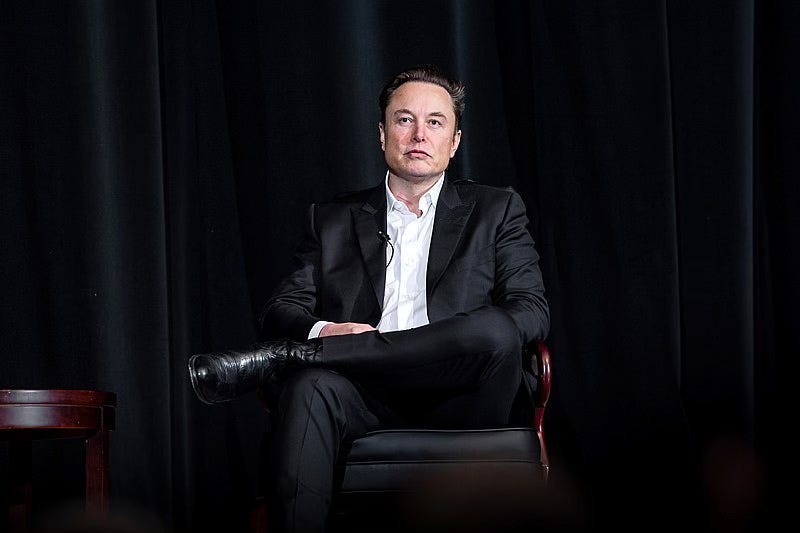OpenAI Has Released Damning Elon Musk Emails

🌈 Abstract
The article discusses the author's negative views towards Elon Musk and his recent lawsuit against OpenAI, the AI research company he co-founded in 2015. The article delves into the history of OpenAI, its transition to a for-profit model, and its partnership with Microsoft. It analyzes Musk's claims that OpenAI has departed from its original mission and is now focused on maximizing profits, as well as the counterarguments presented by OpenAI. The article also examines the legal validity of Musk's lawsuit and concludes that it is likely to fail due to the lack of a binding founding agreement.
🙋 Q&A
[01] Musk's Lawsuit Against OpenAI
1. What are the key claims made by Musk in his lawsuit against OpenAI?
- Musk claims that OpenAI has departed from its original non-profit, open-source mission to "benefit humanity" and is instead focusing on "maximizing profits" for its major investor, Microsoft.
- Musk alleges that OpenAI's "technology, including GPT-4, is closed-source primarily to serve the proprietary commercial interests of Microsoft," which he claims is in breach of the company's Founding Agreement.
- Musk is suing to "compel OpenAI to adhere to the Founding Agreement and return to its mission to develop AGI for the benefit of humanity, not to personally benefit the individual Defendants and the largest technology company in the world."
2. Why does the author consider Musk's lawsuit a "farce"?
- The author points out that Musk did not sue OpenAI back in 2019 when the company switched to a capped profit model and received a $1 billion investment from Microsoft, which the author argues was a clear indication of the company's shift towards commercialization.
- The author questions how Musk expects OpenAI to meet its targets as a non-profit, given the enormous costs involved in developing advanced AI systems like AGI.
- The author highlights emails released by OpenAI that contradict Musk's claims, showing that Musk himself wanted a for-profit structure and majority control of the company.
3. Why does the author believe Musk's lawsuit is legally flawed?
- The author explains that there is no binding Founding Agreement, as the offer, acceptance, and consideration required for a valid contract are not present.
- The author notes that Musk's team is arguing for a verbal agreement, which is "extraordinarily difficult to uphold in court" and requires the plaintiff to demonstrate consistent adherence to the agreement, which Musk has failed to do.
- The author points out that Musk is suing OpenAI for doing something he wanted them to do in the past, but with him rather than Microsoft, which further undermines his legal position.
[02] Motivations Behind Musk's Lawsuit
1. What are the author's views on Musk's motivations for launching the lawsuit?
- The author suggests that the lawsuit may allow Musk to "tell his tale of how the company only got its start because of him, reminding everyone that he is the go-to guy for AI."
- However, the author argues that there are better ways for Musk to do this without the "PR nightmare of looking like a sore loser in court."
- Ultimately, the author believes the lawsuit is "entirely consistent with his character of being an egotistical narcissistic megalomaniac."